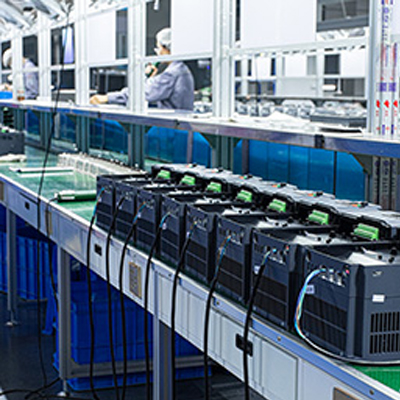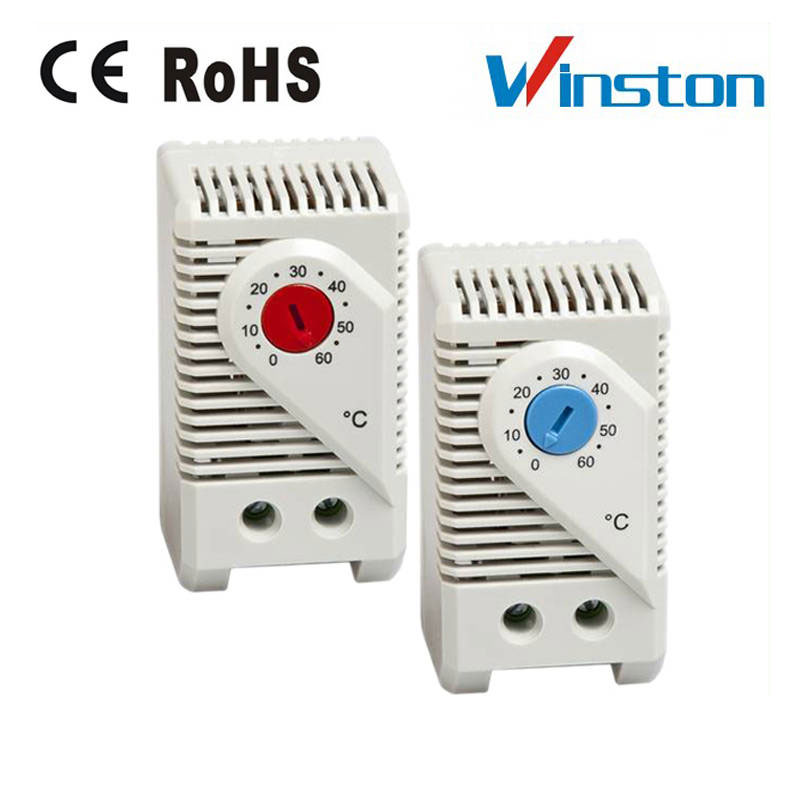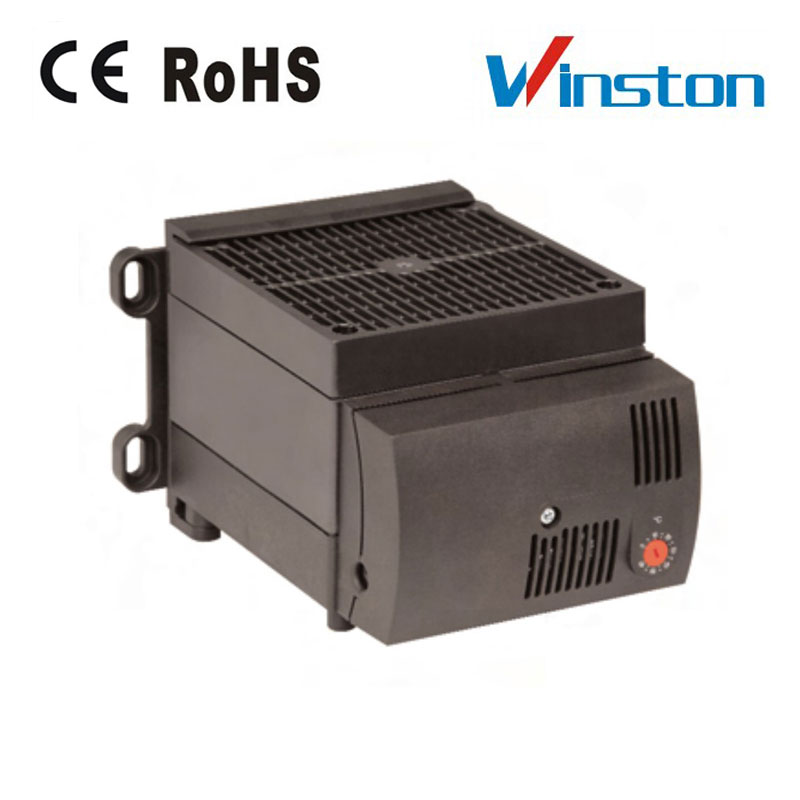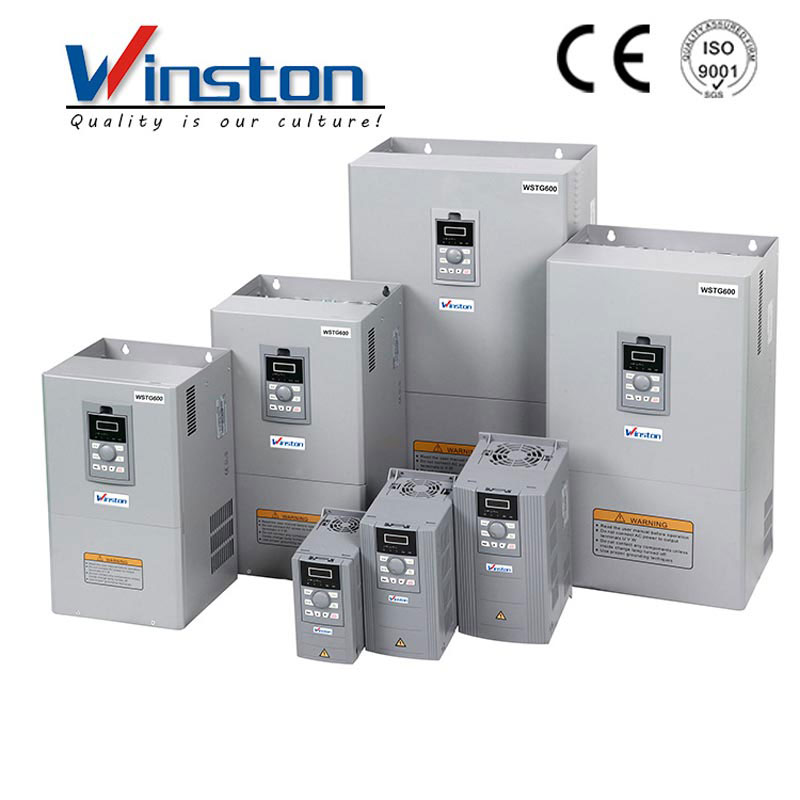What is a Frequency Inverter and Why is it So Widely Used?
In the realm of modern electrical engineering, frequency inverters are revolutionary devices with extensive applications. But what exactly are they and why have they become so essential?
Understanding the Basics of a Frequency Inverter
A frequency inverter, commonly referred to simply as an inverter, modifies the frequency and voltage of an electrical power supply. Typically starting with a fixed - frequency (50Hz or 60Hz) and fixed - voltage AC power from the grid, the inverter converts it into an adjustable power supply.
The process starts with rectification, converting incoming AC into DC. This DC power is then inverted back to AC with variable frequency and voltage. This adjustability makes frequency inverters invaluable. For example, in industrial settings, motors often need different speeds based on production requirements. With a frequency inverter, motor speed can be precisely controlled by adjusting the power supply frequency.
Applications of Frequency Inverters
Industrial Applications
1、Motor Control in Manufacturing: In factories, motors power various machinery, from conveyor belts to complex equipment. Frequency inverters enable smooth motor starting and stopping, reducing mechanical stress and extending equipment lifespan. They also offer precise speed control, crucial for consistent product quality. In a textile mill, for instance, spinning machine speeds can be adjusted to create fabrics with the right texture and thickness.
2、Pump and Fan Control: Pumps and fans in industrial plants consume significant energy. Frequency inverters adjust their speed according to demand. In a water treatment plant, during off - peak hours, the inverter can slow down pump motors, saving energy.
Commercial Applications
1、HVAC Systems: In commercial buildings, HVAC systems are major energy users. Frequency inverters control motor speeds in air handlers, compressors, and pumps. This maintains stable indoor temperatures and saves energy. In a large shopping mall, the HVAC system can be adjusted in real - time based on occupancy and outdoor temperature, ensuring comfort while cutting costs.
2、Elevators: Modern elevators use frequency inverters for smooth acceleration and deceleration, providing a better ride. The inverters can also adjust motor speed based on load, optimizing energy use.
Home Applications
High - end home appliances like some refrigerators and air conditioners now feature frequency inverters. In a refrigerator, the inverter - controlled compressor runs at variable speeds according to cooling needs, stabilizing temperature and reducing energy consumption. Similarly, in an air conditioner, it enables precise temperature control and quieter operation.

The Advantages of Using Frequency Inverters
Energy Savings
One of the most significant benefits of frequency inverters is energy conservation. In applications like pumps and fans, adjusting motor speed to match the load reduces power consumption significantly. Due to the cubic law relationship between motor speed, power consumption, and flow or pressure, even a small speed reduction can lead to substantial energy savings, cutting electricity bills and promoting sustainability.
Precise Control
Frequency inverters offer highly accurate control over motor speed and torque, essential in applications demanding precision, such as CNC machines. Fine - tuning motor performance improves product quality and production efficiency.
Soft Starting
Without an inverter, motors draw a large inrush current during startup, causing voltage dips and stressing equipment. Frequency inverters provide soft starting, gradually increasing motor speed from zero. This reduces inrush current, protecting the electrical system and extending motor lifespan.
Choosing the Right Frequency Inverter
When selecting a frequency inverter, consider the following:
1、Power Requirements: Ensure the inverter can handle the motor's power demands, including rated power and potential overloads.
Control Features: Depending on the application, features like vector control (for better low - speed torque), V/F control (for basic applications), and communication capabilities (e.g., via Modbus) may be necessary.
2、Environmental Conditions: For harsh environments, factor in temperature range, humidity, and dust resistance. Some inverters are designed for extreme industrial conditions.
In conclusion, frequency inverters are integral to modern electrical systems, offering energy savings, precise control, and longer equipment life. Their applications span industries, commercial buildings, and homes, and as technology advances, we can anticipate more innovative uses and improvements.





